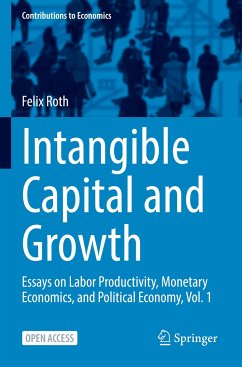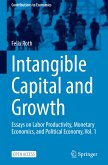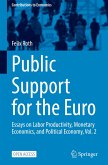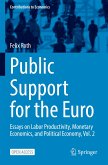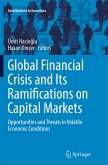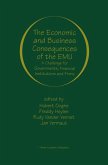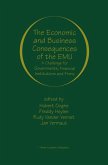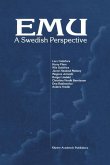For several decades now, advanced economies across the globe have been undergoing a process of rapid transformation towards becoming knowledge economies. It is now widely recognized that intangible capital has been a crucial element in the growth performance of these economies and their firms. The term serves as a useful device for capturing those dimensions of capital that are not tangible in nature but are nevertheless fundamentally important for growth. It encompasses investments in education (human capital) and in informal (social capital) and formal (rule of law) institutions by the public sector and households, as well as investments by businesses aimed at enhancing their knowledge base, such as software, innovative property, and economic competencies.
Intangible Capital and Growth is the first of two open-access volumes presenting a selection of the author's essays on Labor Productivity, Monetary Economics, and Political Economy. This first volume brings togethereight of the author's essays, selected with the aim of providing an overview of his research to date on intangible capital and growth.
Intangible Capital and Growth is the first of two open-access volumes presenting a selection of the author's essays on Labor Productivity, Monetary Economics, and Political Economy. This first volume brings togethereight of the author's essays, selected with the aim of providing an overview of his research to date on intangible capital and growth.

